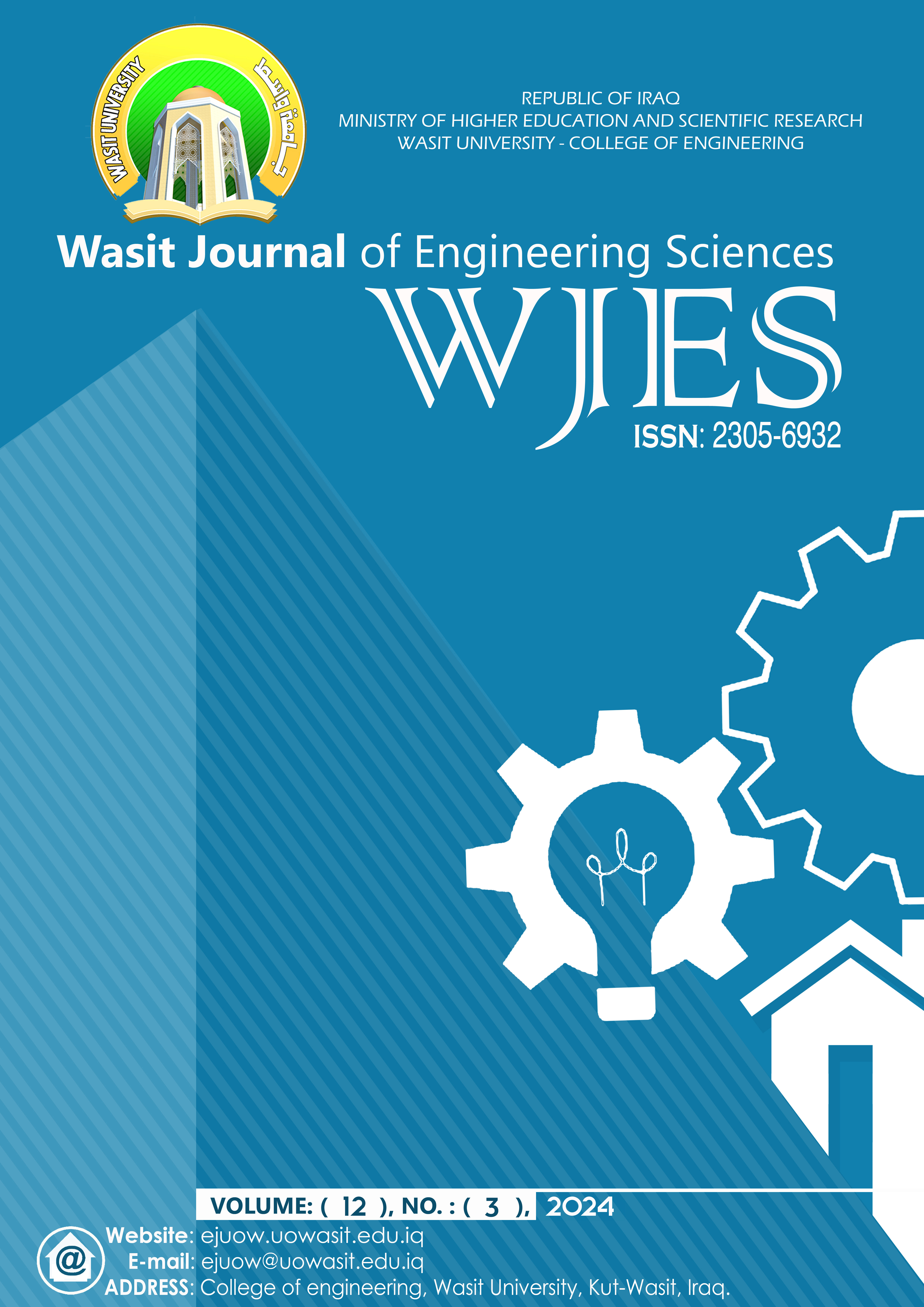Abstract
Warm mix Asphalt (WMA) could be mixed and used in paving at low temperatures to minimize the consumption of energy and the emissions of greenhouse gas. Recycled Asphalt pavement (RAP) could save Asphaltic cement and aggregate, which could achieve the better effects of recycling. However, both of the two WMA and RAP technologies have some deficiencies. Warm mix Asphalt and Reclaimed Asphalt pavement (WMA-RAP) technique may solve these issues and deficiencies when they are utilized together. This study investigated the implementations of WMA-RAP and its impacts on the performance of the Asphalt mixture. Under the framework of this study, four percentages of RAP (0%, 20%, 30%, and 40%) were added to the hot mix Asphalt (HMA) and WMA containing 4% Sasobit to study the impact of increasing RAP content on Marshall stability and moisture resistance of Asphalt mixtures. In summary, the Marshall stability of HMA and WMA mixtures is higher than the control mixtures. A small decrease in moisture resistance of both (HMA and WMA) containing RAP comparing to control mixtures Asphalt was observed, as shown by reduced the tensile strength ratios (TSR), but it is still much higher than the minimum of 80%.
